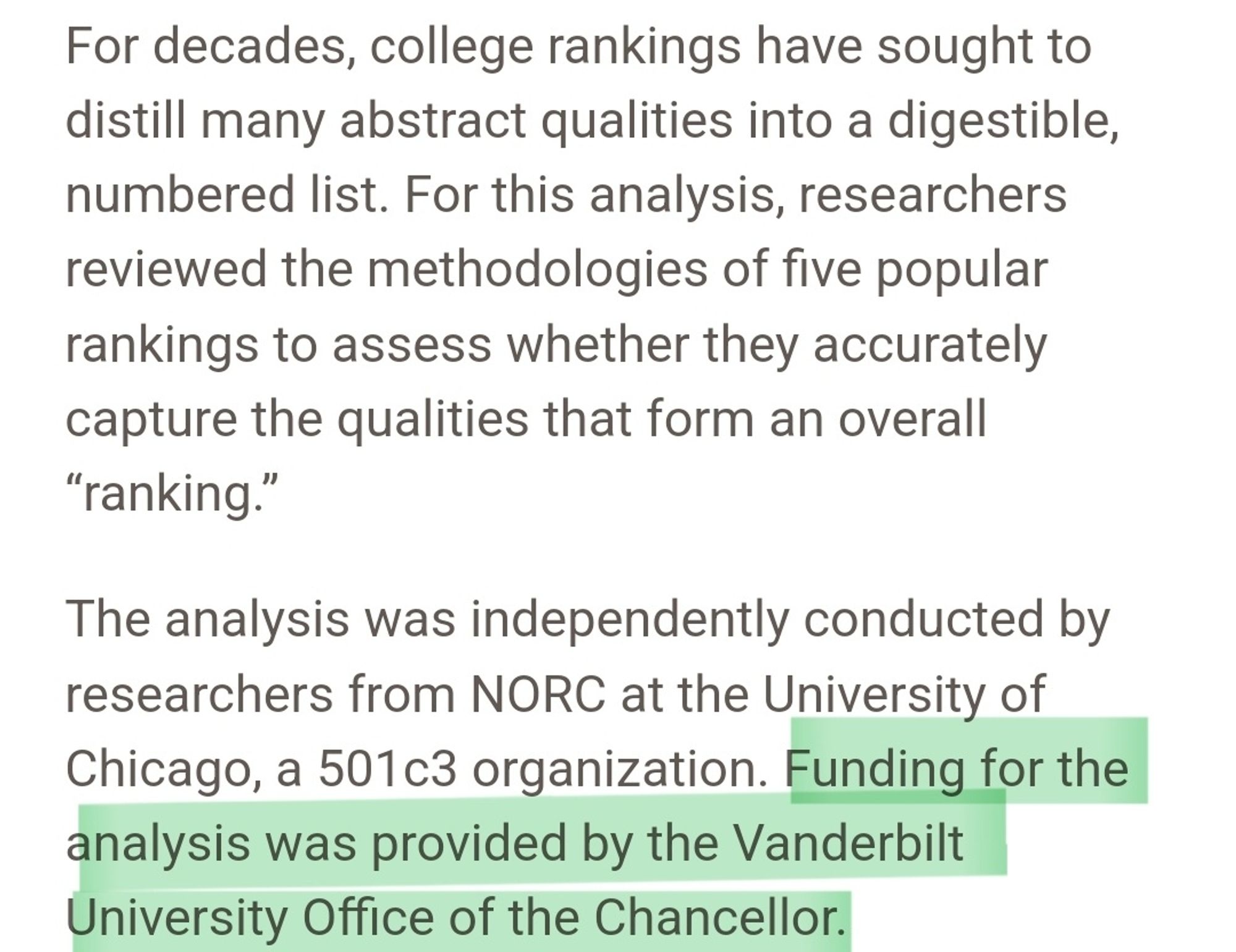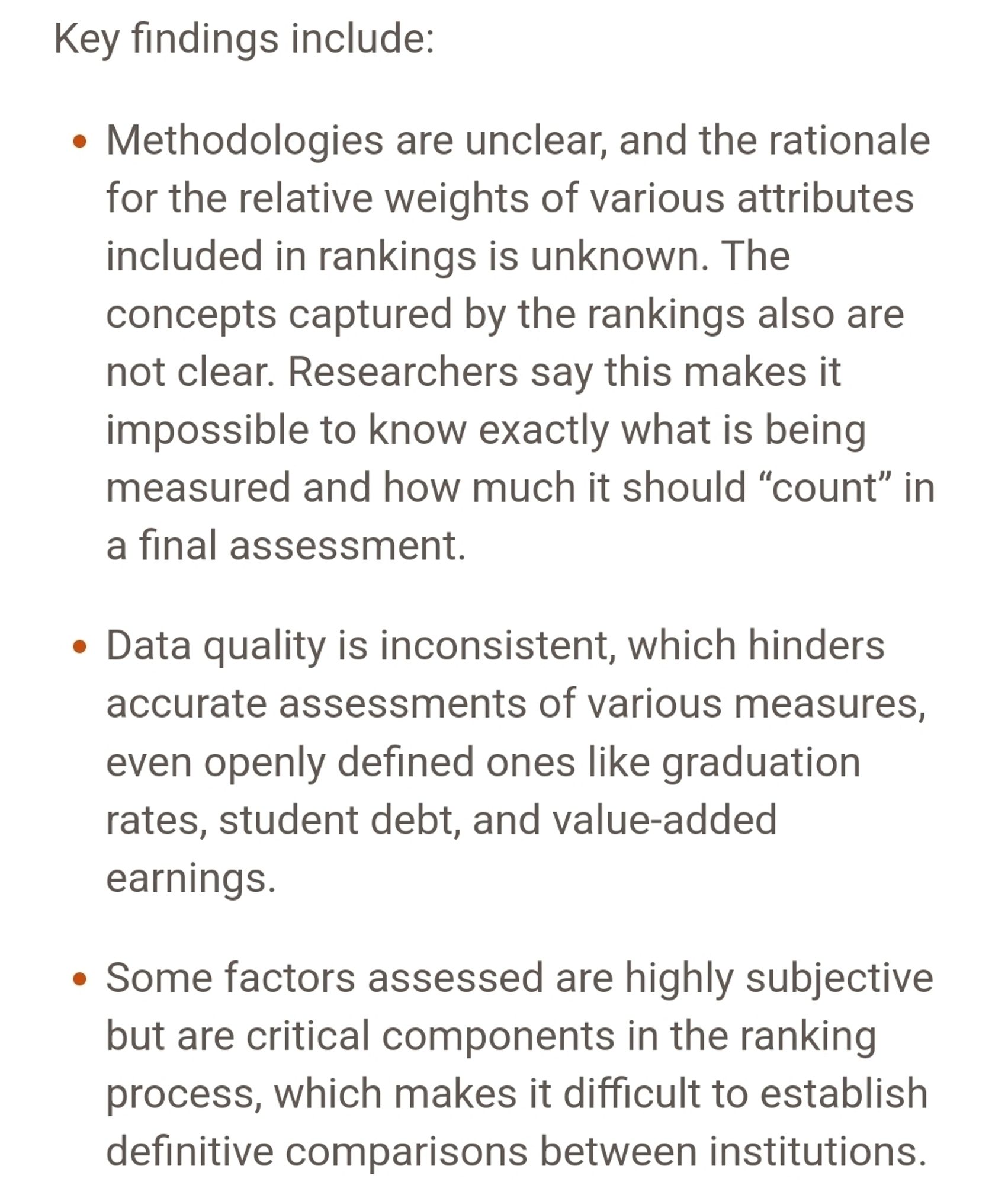AP-NORC: Public opinion of the Israel and Hamas conflict nearly a year after the October 7th attacks. More, via Opinion Today: opiniontoday.substack.com/p/241002-top...

Republicans are more likely than Democrats to see Israel as a US ally: AP-NORC poll

A new Pearson Institute/AP-NORC survey finds Republicans are more likely to see Israel as an ally that shares the U.S.'
AP-NORC Poll: Republicans More Likely to See Israel as Ally

After a year of war between Israel and Hamas, U.S. public opinion on the conflict remains polarized, a new survey by the Pearson Institute and The Associated Press-NORC Center for Public Affairs Research finds, with Democrats more likely to be critical of…
Republicans are more likely than Democrats to see Israel as a US ally: AP-NORC poll

Republicans are more likely than Democrats to see Israel as a US ally: AP-NORC poll
NORC + the University of Arizona teamed up to find home a for Cosmic Explorer, a groundbreaking gravitational-wave observatory. Find out how we're using General Social Survey data to pick the ideal spot for this deep space research hub and its community.

NORC is helping select the location of a gravitational-wave observatory so people of diverse backgrounds can live and thrive.
“A recent poll from The Associated Press-NORC Center for Public Affairs Research found that about two-thirds of Hispanic Americans think abortion should be legal in all or most cases. apnews.com/article/abor...
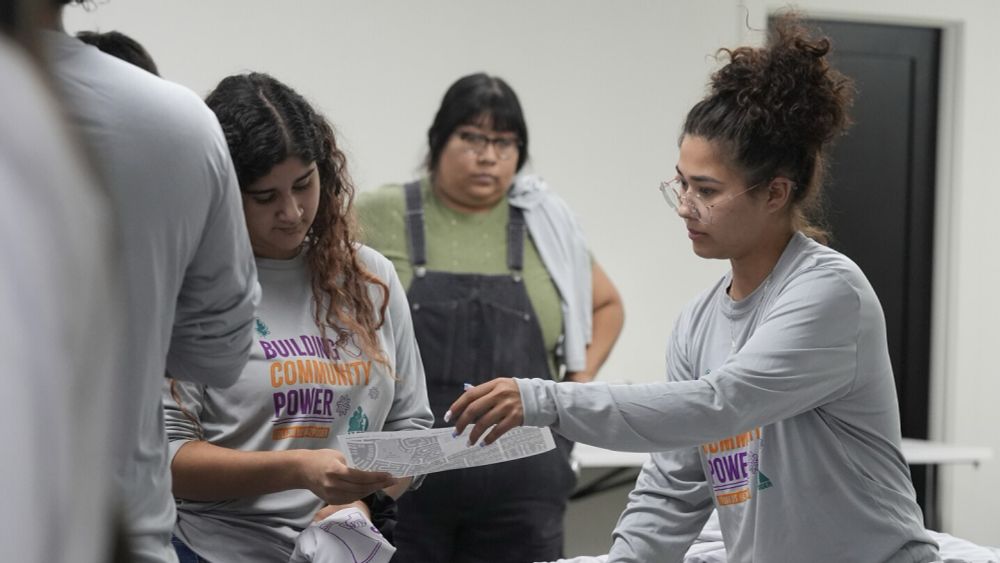
Abortion-rights groups are courting Latino voters through door-knocking and Spanish-language ads. They say the fast-growing group could determine the outcome of abortion ballot measures across the U.S...
From an email the Vanderbilt chancellor sent out where he touts spending money to be told water is wet
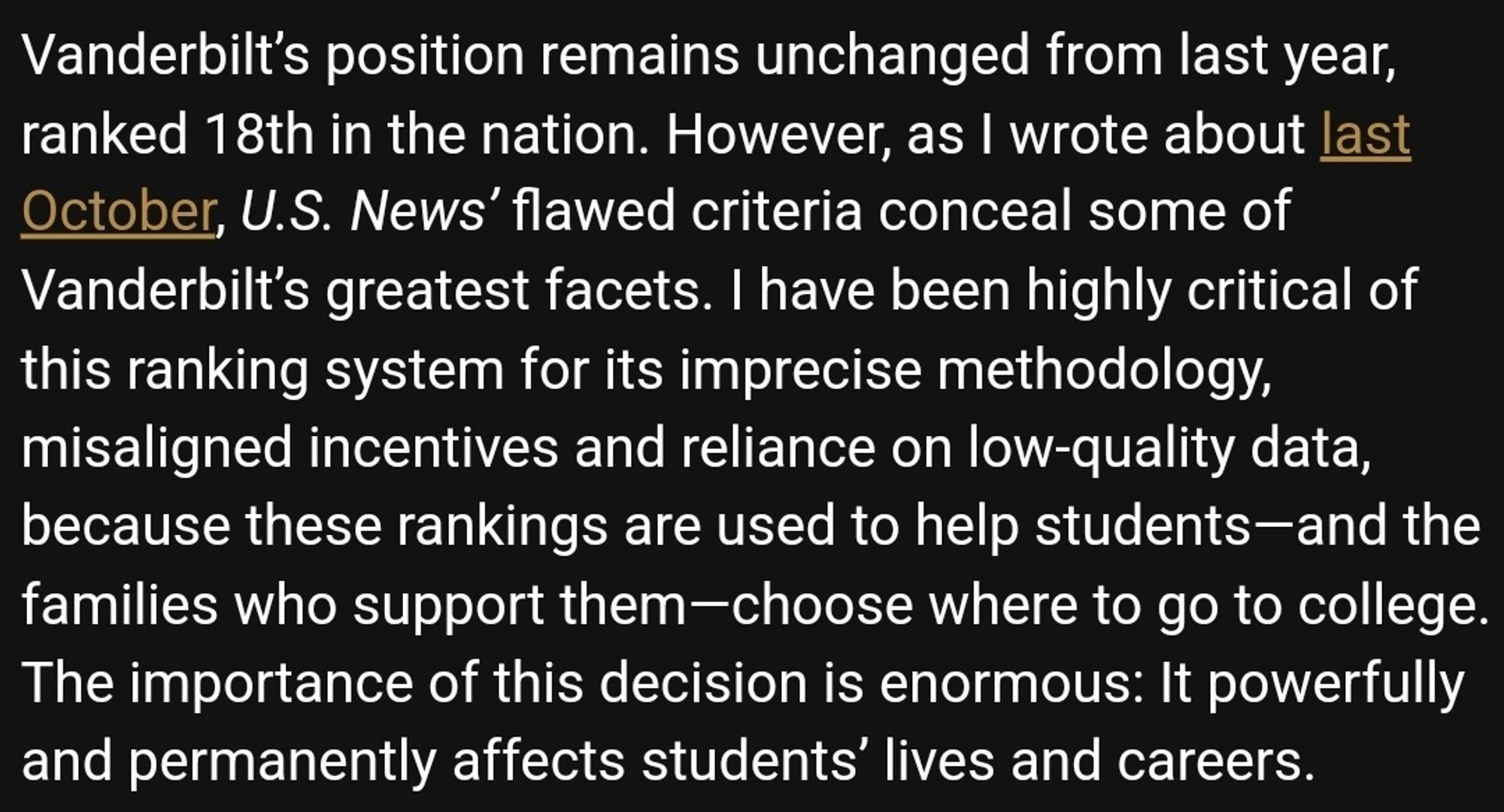
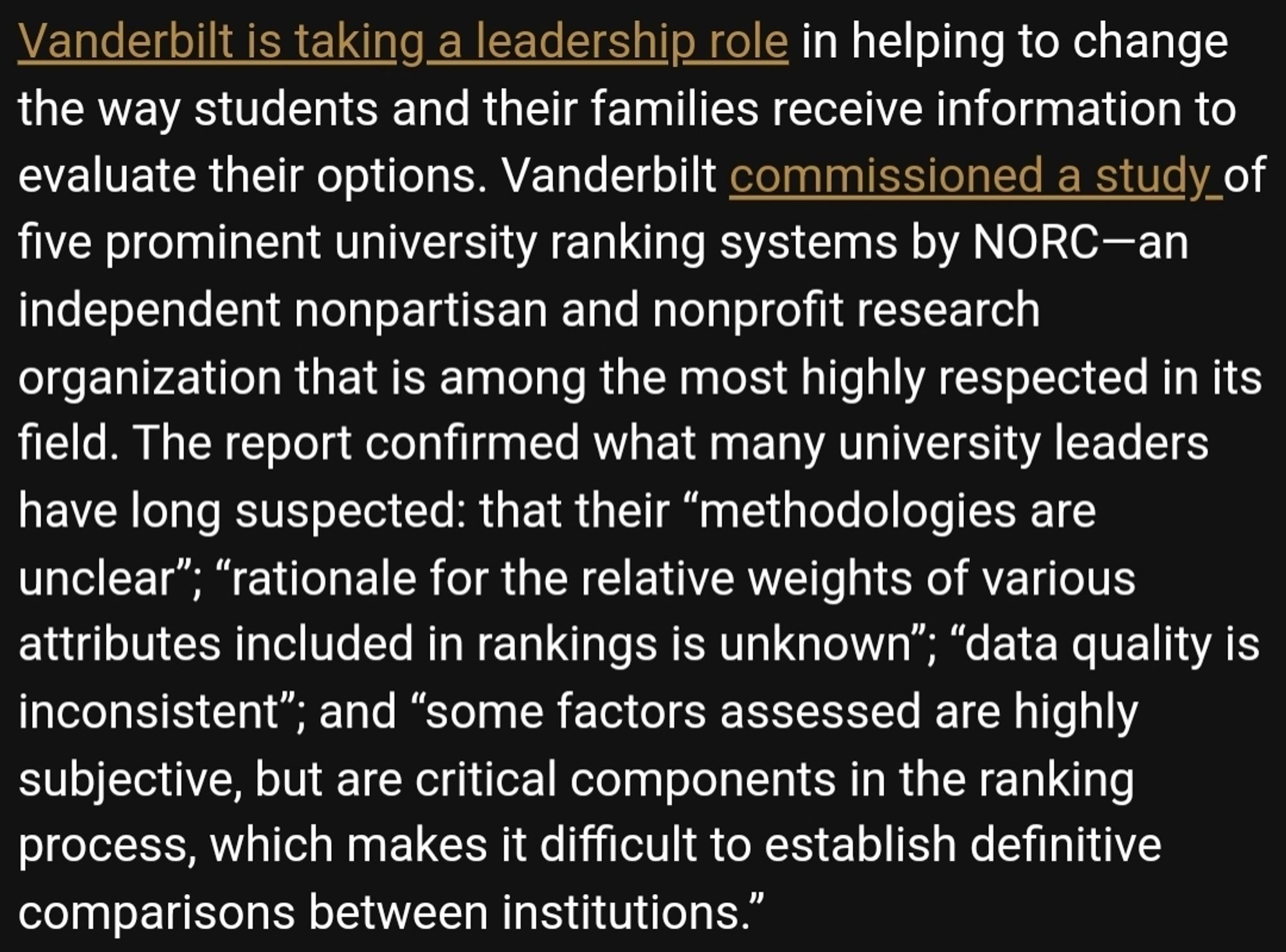
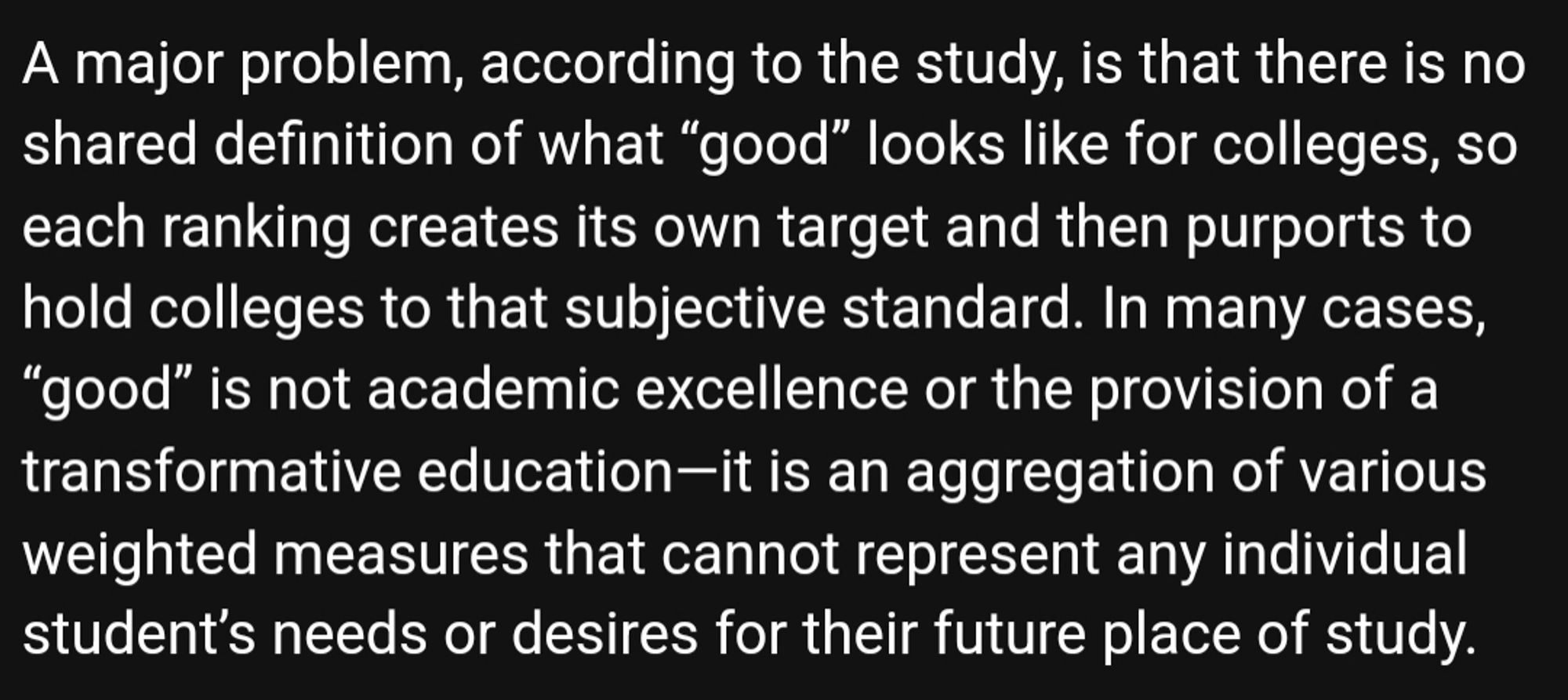
Ipsos, CNN, AP/NORC all use this type of panel. They are difficult to do at the state level because of the number of people needed, and congressional district is impossible. But for national, these are great. So don't just write off ALL online polls. Know which ones.
They paid for these findings!!! Now I gotta find my interview for Science because I feel like I'm taking crazy pills.
